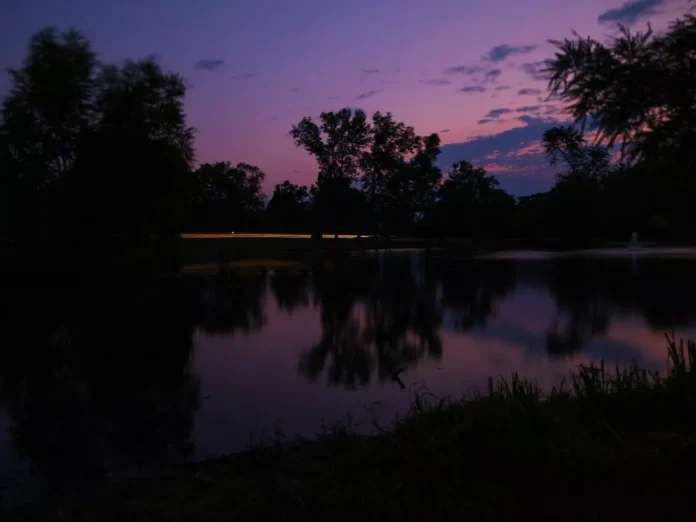Forming journalists is a crucial task in today’s society, where the media plays a fundamental role in informing and shaping public opinion. In order to ensure the highest standards of journalism, workshops and training programs are essential to equip aspiring journalists with the necessary skills and knowledge. One such workshop that has been gaining attention and recognition is the investigative journalism workshop “‘Ndrangheta stereotypes and reality”, organized by the renowned journalist Claudio La Camera.
The workshop, which focuses on the infamous Italian mafia organization ‘Ndrangheta, aims to break the stereotypes and myths surrounding this criminal group and shed light on the harsh reality of its operations. The ‘Ndrangheta is known to be one of the most powerful and elusive criminal organizations in the world, with a strong presence not only in Italy but also in other countries. Therefore, it is crucial for journalists to have a deep understanding of their operations and methods in order to accurately report on their activities.
Led by Claudio La Camera, a veteran journalist with years of experience in investigative journalism, the workshop aims to provide participants with hands-on training and practical knowledge on how to investigate and report on organized crime. La Camera‘s expertise and extensive research on the ‘Ndrangheta make him the perfect mentor for aspiring journalists who want to delve into this complex and dangerous topic.
One of the key aspects of the workshop is the emphasis on breaking the stereotypes and misconceptions surrounding the ‘Ndrangheta. This criminal organization is often portrayed in the media as a group of ruthless and violent men, but the reality is much more complex and multi-faceted. Through in-depth research and interviews with experts and insiders, La Camera exposes the inner workings of the ‘Ndrangheta and its influence on various aspects of society, such as politics, economy, and culture.
Moreover, the workshop also focuses on highlighting positive experiences and initiatives that are working towards fighting against the ‘Ndrangheta. This is an important aspect as it not only provides a more balanced view of the situation but also inspires and motivates journalists to report on the efforts being made to combat organized crime. It also gives a voice to the victims and their families, who are often silenced by fear and intimidation.
The success of the workshop can be seen in the work of its participants. Many of them have gone on to publish investigative pieces on the ‘Ndrangheta, shedding light on its operations and exposing its illegal activities. One such example is the case of journalist Alessandro Siani, who participated in the workshop and later published a series of articles on the ‘Ndrangheta’s involvement in the illegal waste management business, which led to the arrest of several high-ranking members of the organization.
But the impact of the workshop does not stop there. The knowledge and skills acquired by the participants also have a ripple effect on the media landscape. It encourages other journalists to report on the ‘Ndrangheta, creating a domino effect that ultimately leads to greater awareness and understanding of this criminal group.
It is worth mentioning that Claudio La Camera himself has been under investigation and has faced trial for his investigative work on the ‘Ndrangheta. This only goes to show the importance and relevance of this workshop, as it equips journalists with the necessary tools to carry out their work fearlessly and with integrity.
In conclusion, the investigative journalism workshop “‘Ndrangheta stereotypes and reality”, led by Claudio La Camera, is an essential platform for forming journalists who want to report on organized crime. It not only provides practical training and knowledge but also inspires and motivates journalists to break stereotypes and expose the harsh reality of the ‘Ndrangheta. Aspiring journalists should not miss the opportunity to be a part of this workshop and contribute to the fight against organized crime.

